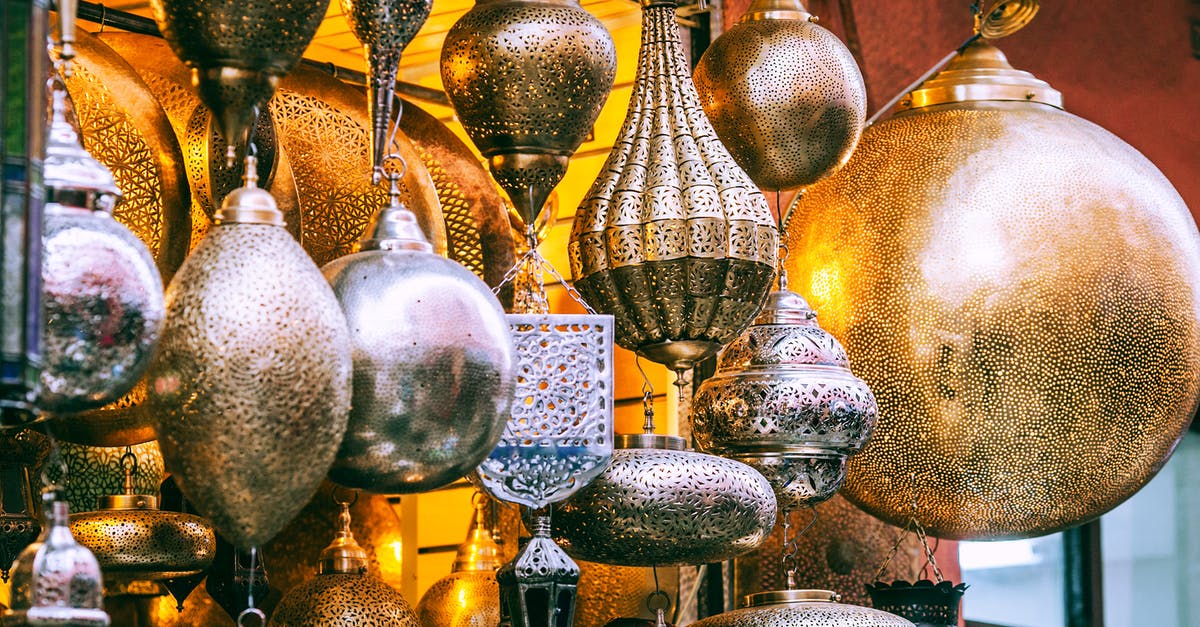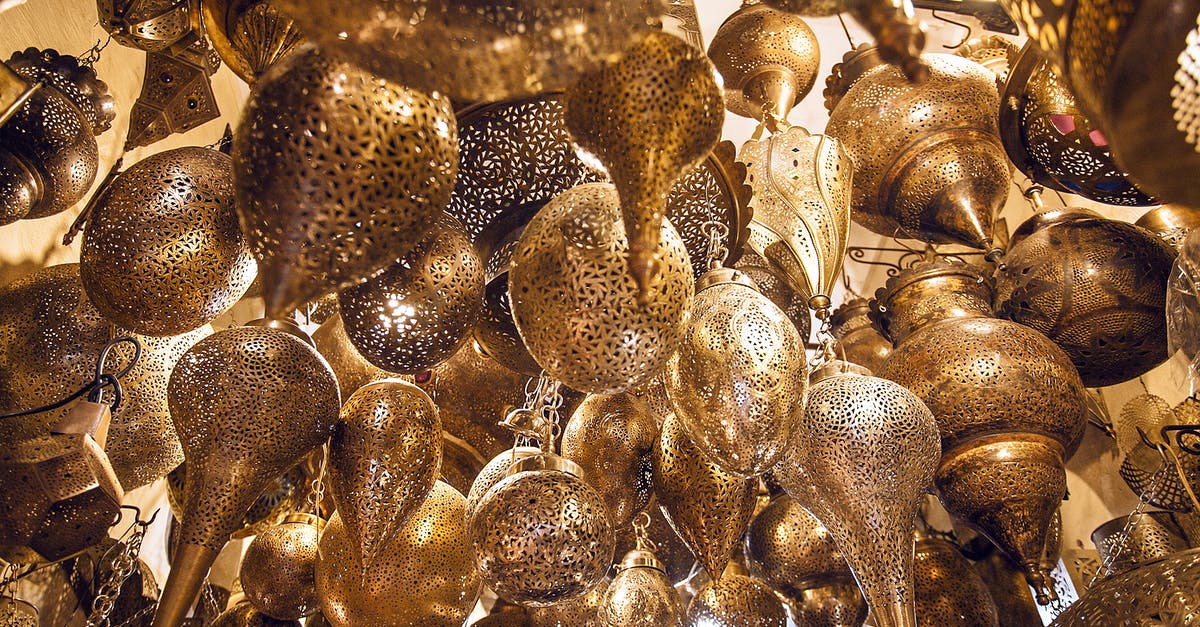Difference between Vietnamese and Moroccan preserved lemons?

One ingredient that I enjoy using is Moroccan preserved lemons, which are lemons that have been packed in salt. However, I don't always get around to making my own, so I sometimes buy them at Middle Eastern markets, where jarred ones are quite expensive ... from $7 to $12 a jar in the US.
So I was startled to find a jar of Vietnamese preserved lemons at a local Asian market for $3. As far as I can tell, these lemons are made exactly like Moroccan ones are: with lemons and salt, and indeed the ingredients on the jar are lemons, salt, and water.
So ... are there other differences I should be aware of, or can I just enjoy my new cheap preserved lemons?
Best Answer
There's probably not much difference.
There is a fair amount of variation in preparation methods for Vietnamese preserved limes and lemons (chanh mu?i). The Garden Betty recipe you linked is probably the most common technique - soaking nearly-quartered lemons in heavily salted water for a few weeks - but that may not be the same method used for the $3 jar you found. Sometimes sugar is used in addition to the salt. Like your Moroccon recipe, sometimes no water is added and the salt instead draws juice out of the fruit to supply the preserving liquid. Boiling the lemons before jarring them is very common. I've also heard of other pre-jarring routines like scrubbing them with salt, sugar, and even tea, or letting them partially dry in the sun first. They may also be jarred in different forms, such as thin slices or left whole.
There is also the obvious case of what actual fruit to use. Because of the nature of citrus fruits, there isn't really a clear divide between limes and lemons in the first place, and there are quite a lot of varieties and hybrids that make classification difficult. I live in the US and use Meyer lemons and Key or Persian limes (which themselves are actually lime-lemon hybrids). The Moroccan recipe calls for doqq and boussera, but suggests Meyer lemons if the traditional varieties can't be found. In Vietnam the fruits are called chanh tây and chanh ta, but I'm not actually aware of a definitive conclusion on which one is technically a lime and which one is a lemon.
Overall, I'm not familiar with different spins on the Moroccan approach, but I assume there's a similar range of variance. That said, it seems like it's basically the same process. Besides the choice of fruit - which, outside of Morocco or Vietnam, is probably going to be the same anyway - I think it's safe to say that any differences between the two cultures are indistinguishable from differences between variants within the same culture.
Of course, the easiest thing to do is just spend the $3 and find out how they taste!
Pictures about "Difference between Vietnamese and Moroccan preserved lemons?"



Quick Answer about "Difference between Vietnamese and Moroccan preserved lemons?"
Moroccan preserved lemons are prepared much the same way as Vietnamese preserved lemons, but with an added step — spices. The spices give a kick to the lemon rind, the part that's most often used (there's not much to the pulp after a few weeks of fermentation).What is the difference between pickled lemons and preserved lemons?
Pickled lemons and preserved lemons are essentially the same thing \u2013 since pickling by definition is letting something marinate in a salty liquid.What is the best substitute for preserved lemons?
The Best Preserved Lemon SubstitutesWhat culture uses preserved lemons?
Preserved lemon is the key ingredient in many Moroccan dishes such as tagines. In Cambodian cuisine, it is used in dishes such as ngam nguv, a chicken soup with whole preserved lemons. They are often combined in various ways with olives, artichokes, seafood, veal, chicken, and rice.How do you make Vietnamese preserved lemons?
To make the preserved lemons: Slice the lemon lengthwise into quarters, but do not slice all the way through. Liberally salt the inside of your almost-quartered wedges and set aside while you slice and salt the other lemons. Pack the lemons into your jar and cover them completely with brine.Easy Preserved Lemons (Just Lemons \u0026 Salt + No Measuring)
Sources: Stack Exchange - This article follows the attribution requirements of Stack Exchange and is licensed under CC BY-SA 3.0.
Images: Maria Orlova, Maria Orlova, Ron Lach, Van Trang Ho
